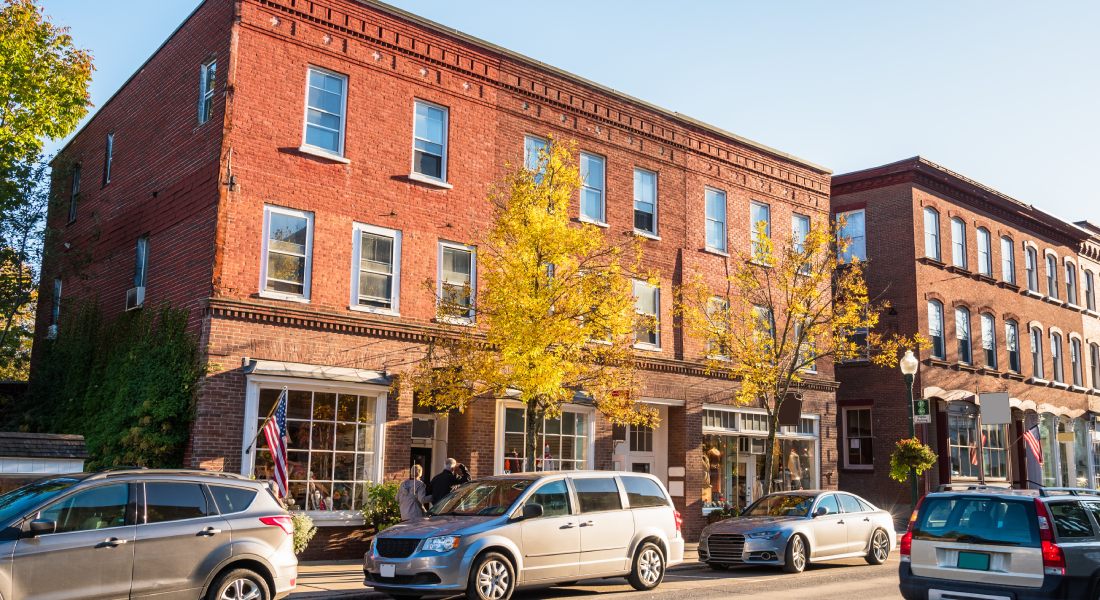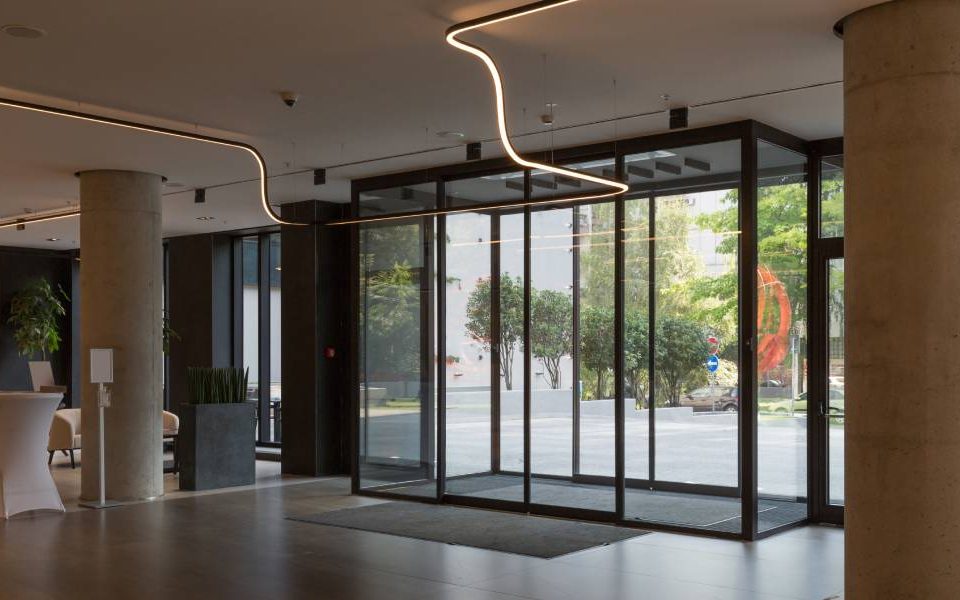4 Factors To Consider When Choosing a Business Location
The success of your business is largely determined by the location. Whether you’re opening a retail store, an office, or a manufacturing facility, the space you select will influence customer access, operational costs, and overall viability. Continue reading to explore four key factors to consider when choosing a business location so you can make an informed decision that supports your long-term goals.
Accessibility of the Area
The first factor to consider is the accessibility of the area. Your business should be easily accessible to both customers and employees. Think about the availability of indoor versus outdoor parking and which is the best option for your business. You should also consider public transportation options and the overall convenience of the location. You want as many people as possible to patronize your business, so accessibility is key!
Competition and Market Analysis
The second factor involves analyzing the competition in your chosen location. Being close to competitors can be both a benefit and a drawback. While a concentrated market can attract more customers, it also means you’ll need to differentiate your business to stand out.
Conduct a thorough market analysis to identify gaps in the market and understand your competitors’ strengths and weaknesses. This information will help you choose a location where your business can thrive without established competitors overshadowing you.
Regulatory and Tax Considerations
Regulatory and tax considerations are critical factors in choosing a business location. Your area’s regulations, zoning laws, and tax policies can affect your operations. Research local regulations regarding business licenses, permits, and zoning requirements to ensure compliance.
Additionally, consider the tax implications of your chosen location. Some regions offer tax incentives and benefits to attract businesses, while others may have higher tax rates. Understanding these factors will help you avoid legal pitfalls and maximize your financial efficiency.
Cost of Operations and Affordability
The final factor to consider is the area’s affordability. The location you choose will directly impact your overhead costs, including rent, utilities, and insurance. It’s crucial to evaluate whether the potential revenue from your business can comfortably cover these expenses.
High-traffic areas may come with a higher price tag, but they can also offer greater visibility and customer access. Weigh the costs and benefits to determine the most affordable and sustainable option for your business. Additionally, consider the availability of local resources, such as suppliers and labor, which can further influence your operational costs.
With these factors in mind, you can choose a business location that supports your goals. Start your search today, and set the foundation for a thriving enterprise.




